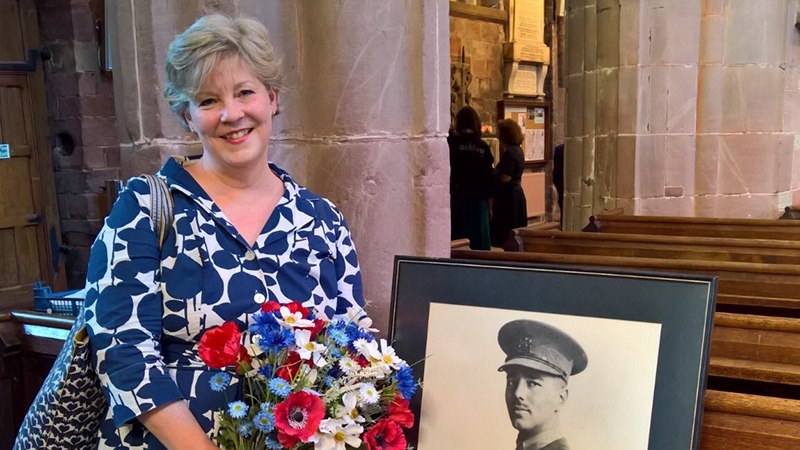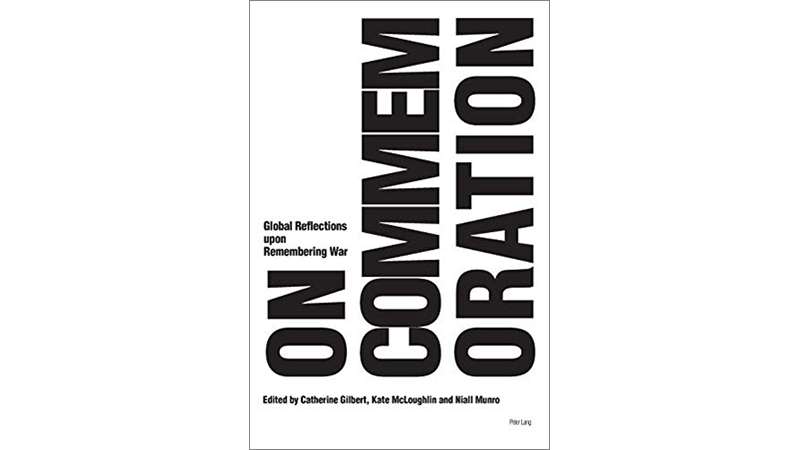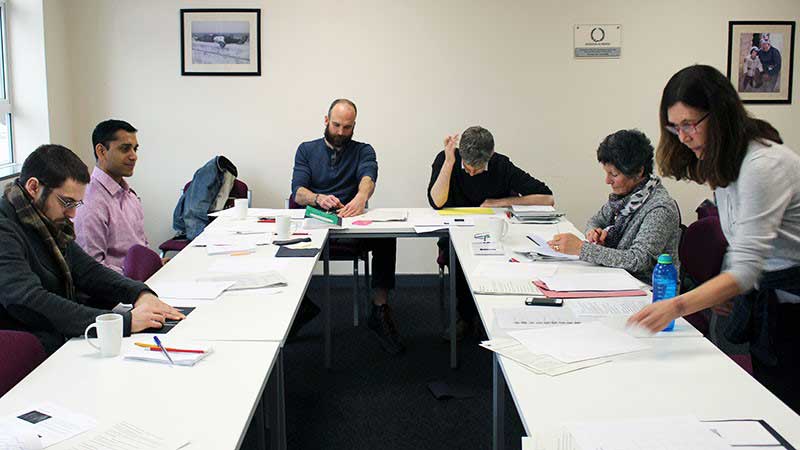Jane also spoke to public audiences about the capacity of poetry to diversify how we commemorate war, appearing at many events including a production of Britten’s War Requiem in 2018 at Guildford Cathedral. She also contributed to an interactive app about Wilfred Owen’s poetry. Devised by Ian Bennett at Anglia Ruskin University, it was designed to reach new audiences and was downloaded nearly 300 times in the UK, Saudi Arabia, South Africa and other countries.
In exploring what commemoration should look like in the 21st century, Niall has undertaken groundbreaking work as part of a major project. In collaboration with Professor Kate McLoughlin and Dr Catherine Gilbert from the University of Oxford, the ‘Post-War’ project brought together more than 1,200 participants and audience members from at least 24 countries, including artists, writers, composers, lawyers, academics, theologians and war veterans.
Over a series of 14 events, internationally recognised speakers and participants explored how stories of war are recorded and remembered, and how we might do commemoration better. The project captured the attention of a much wider audience too with 6,550 visits to the website homepage and 4,800+ visits to the podcast page.



